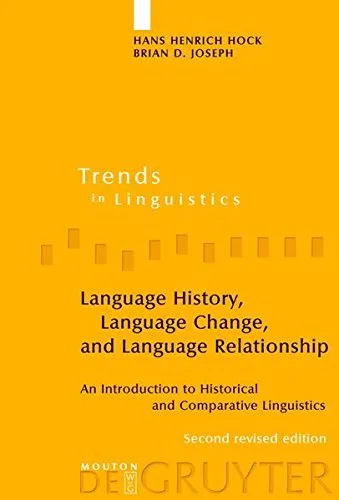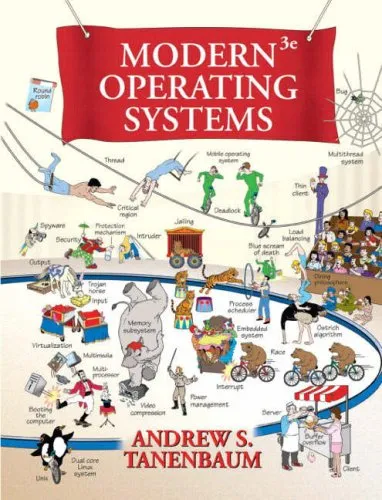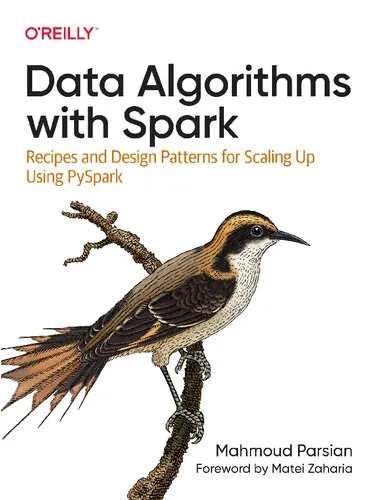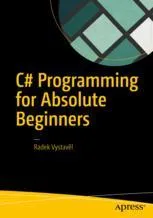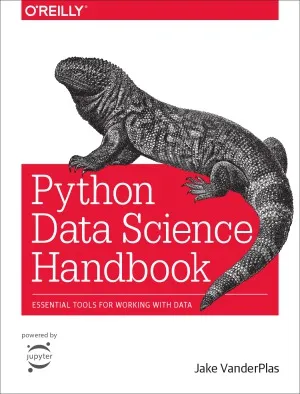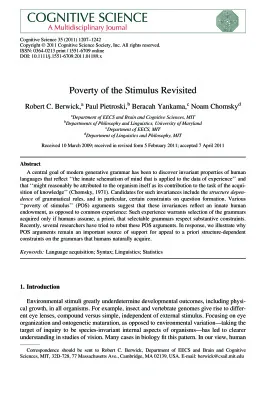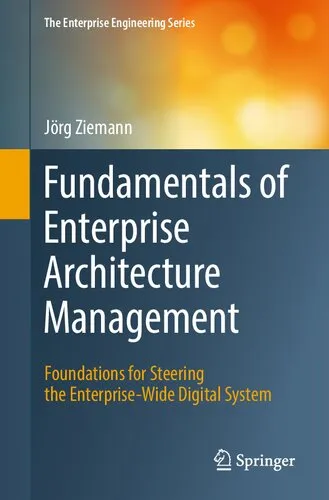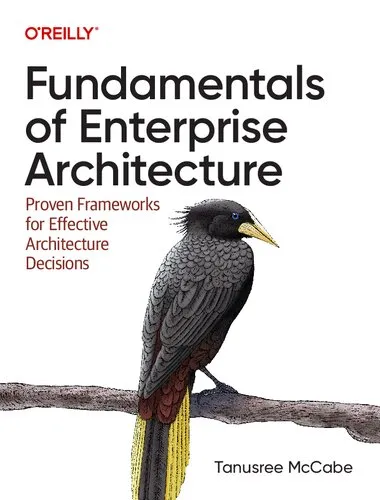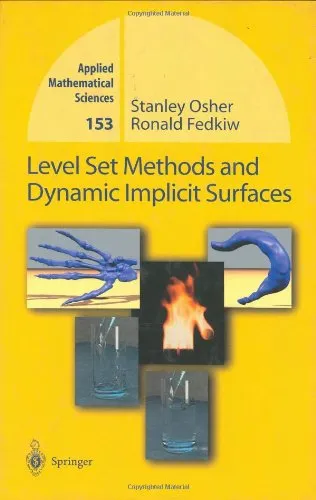Language history, language change, and language relationship: an introduction to historical and comparative linguistics
4.6
Reviews from our users

You Can Ask your questions from this book's AI after Login
Each download or ask from book AI costs 2 points. To earn more free points, please visit the Points Guide Page and complete some valuable actions.Related Refrences:
Why does language change? Why can we speak to and understand our parents but have trouble reading Shakespeare? Why is Chaucer's English of the fourteenth century so different from Modern English of the late twentieth century that the two are essentially different languages? Why are Americans and English 'one people divided by a common language'? And how can the language of Chaucer and Modern English - or Modern British and American English - still be called the same language? The present book provides answers to questions like these in a straightforward way, aimed at the non-specialist, with ample illustrations from both familiar and more exotic languages. Most chapters in this new edition have been reworked, with some difficult passages removed, other passages thoroughly rewritten, and several new sections added, e.g. on language and race and on Indian writing systems. Further, the chapter notes and bibliography have all been updated
Free Direct Download
You Can Download this book after Login
Accessing books through legal platforms and public libraries not only supports the rights of authors and publishers but also contributes to the sustainability of reading culture. Before downloading, please take a moment to consider these options.
Find this book on other platforms:
WorldCat helps you find books in libraries worldwide.
See ratings, reviews, and discussions on Goodreads.
Find and buy rare or used books on AbeBooks.
1424
بازدید4.6
امتیاز0
نظر98%
رضایتReviews:
4.6
Based on 0 users review
Questions & Answers
Ask questions about this book or help others by answering
Please login to ask a question
No questions yet. Be the first to ask!
